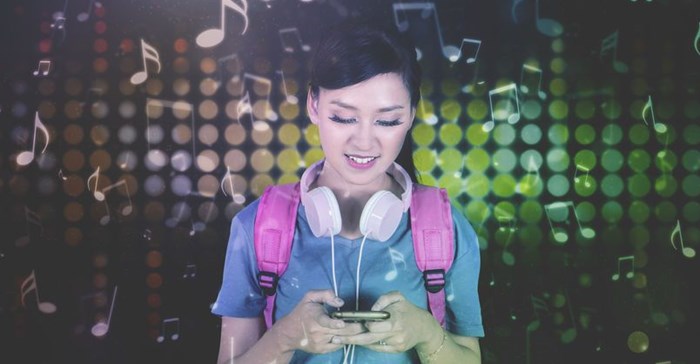
Related


The marketing genius of Spotify Wrapped
Ishani Banerji 12 Dec 2025

Trace Africa rebrands to Trace Ngoma
2 Dec 2025



Top stories






More news

















Logistics & Transport
Uganda plans new rail link to Tanzania for mineral export boost









Covering every genre from pop to country, gospel, and hip-hop, female Afrikaans artists have been incredibly important to the evolution of Afrikaans music. The success of Karen Zoid, for instance, was instrumental to the Afrikaans rock explosion of the early 2000s.
While mainstream pop artists such as Demi Lee Moore, Lianie May, and Riana Nel are at the top of Afrikaans artist and album lists per Spotify data, things are far more diverse than they might appear on the surface.
According to Henco Harmse, Spotify’s Afrikaans specialist manager, artist and label partnerships in South Africa, there are plenty of female Afrikaans artists to be enthusiastic about.
“People might not realise how diverse a range of genres female Afrikaans artists play in,” he says. “But in addition to traditional genres such as pop, praise and worship, and country, there are Afrikaans-speaking women doing really interesting things in genres such as Gqom, hip-hop, and dance.”
It’s no accident, for example, that performers such as the late Angie oeh and Paula Kammies feature prominently on Spotify’s Afrikanses Hip-Hop and Gqom Afrikaans playlists respectively.
Harmse points out that female Afrikaans artists have international appeal too.
“If you take a look at our Country Worldwide playlist, for example, you’ll see a number of Afrikaans artists,” he says. “These include female singers and performers such as Demi Lee Moore, and Tarryn Lamb. Their appearance, and those of other Afrikaans singers on international playlists, only underlines how much musical talent there is in South Africa and shows how much we have to offer the world.”
Spotify data also shows that female Afrikaans artists are catering to a broad range of age-groups. While the biggest age-group is listeners aged 35 to 44, half of the listeners are younger than 34, suggesting that there is still significant youth appeal among these artists. Those young listeners have flocked to playlists such as one called “VAAIBS” (a slang translation of “vibes) aimed at Gen Z listeners. VAAIBS covers a broad range of genres and includes artists as diverse as Angie oeh, Anzelle, and Marissa.
“Their broad appeal extends beyond age-group demographics too,” says Harmse. “If you take a look at the South African cities that female Afrikaans artists are most popular in, it’s not just the ones that one might typically think of as being more Afrikaans. In fact, female Afrikaans artists get more listens in a city like Durban than they do in Bloemfontein or Potchefstroom.”
It should be clear then that Afrikaans music’s future could be even more exciting and innovative than its history. It should also be clear that its biggest artists are already taking Afrikaans music to the world. Crucially, female artists will likely have an even bigger role to play in that future.
“There’s far more to Afrikaans music than people’s stereotypical understanding of it,” Harmse concludes. “That’s true now more than ever and, just as they have always done, female artists will be at the forefront of driving its ongoing evolution. ”